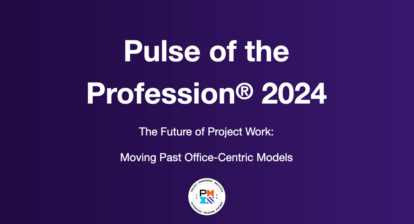Microsoft® Project expert Sam Huffman gives us the do’s and don’ts of Project. Each of these 9 videos shows a different problem that Project users may face and demonstrates how to solve that problem. From organizing your outline to leveling resources, Sam Huffman shares his techniques for getting the job done right. Join MPUG to access full-length, live webinar training sessions and hundreds more on-demand.
Including summary tasks in project sequencing can cause a lot of problems if you are not familiar with Projects scheduling process. By the end of this video, you will know what to look for in order to avoid any problems and even find ways to reduce your project schedule.
Want more Do’s and Don’ts? Check out MPUG’s new book: Microsoft® Project Do’s and Don’ts!
Click the links below to see more videos in Sam Huffman‘s Microsoft® Project Do’s and Don’ts series:
Using Elapsed Durations for Team Schedules
Constraining Activities
Organizing Project Tasks Incorrectly
Inadequate Baselining
Scheduling Projects as Late as Possible
Leveling Resources Without Analysis
Incorrect Calendar Association
Assigning Resources to Summary Tasks








Sam Huffman
Using the milestone would be best. I’m not saying that you must not use summaries in sequencing – it’s just not something I recommend due to potential scheduling issues such as the one I pointed out.